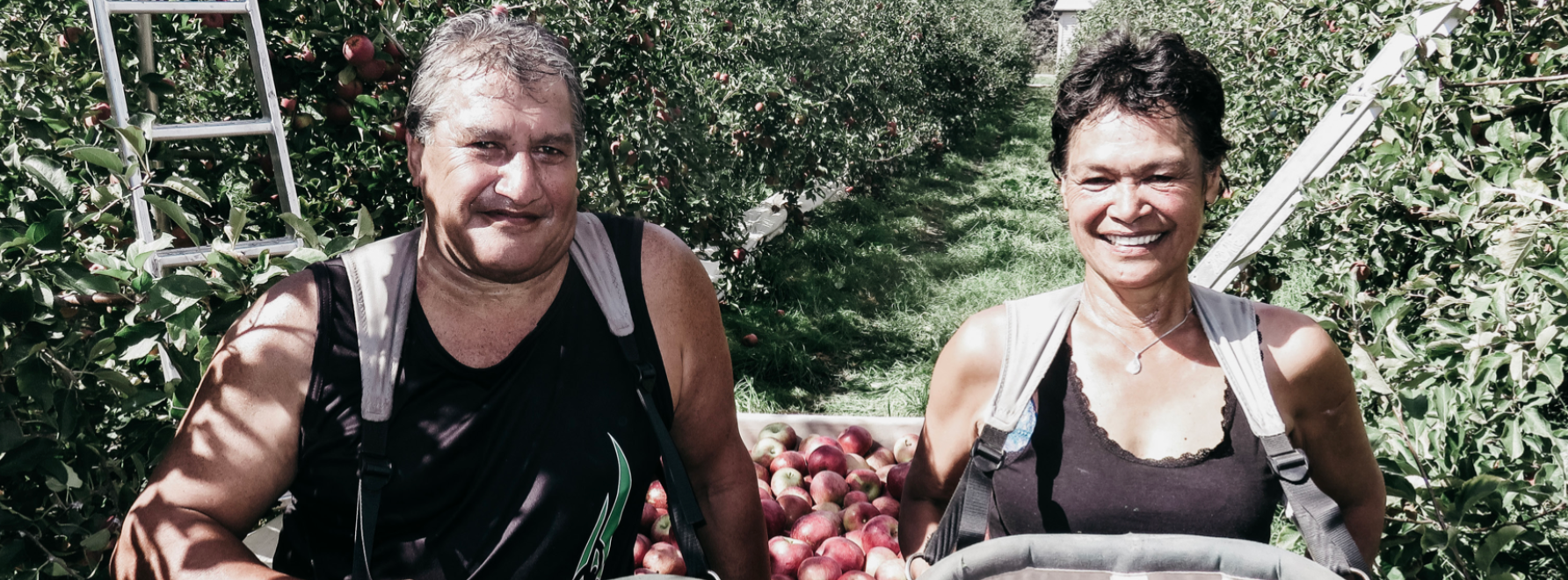
Ā Mātou Mahi About
“Food is the source of everything. It’s a source of community wellbeing, a source of individual wellbeing, a source of intergenerational well-being. So papakāinga, ‘papa’ means the earth. Kāinga, ‘kā’ is a fire, kai cooked on a fire, that a whole lot of people who are allowed to eat. That’s where you get papakāinga from. Where the earth was warm and the kai was cooked for the wellbeing of people who gathered. Whānau, Hapū, Iwi.”
Ngahiwi Tomoana - Kai Whakaora project
Mission Statement
Mai Kai Social Enterprise is working to scale a locally driven food system that is community-led, inclusive, and supports the health and wellbeing of whānau. Grounded in Te Tiriti o Waitangi principles and the understanding that “what is good for Māori is good for everyone”, Mai Kai operates from a foundation of partnership, protection, and participation – seeking a genuinely co-designed approach with Crown agencies in the transformation of local food systems in Aotearoa.
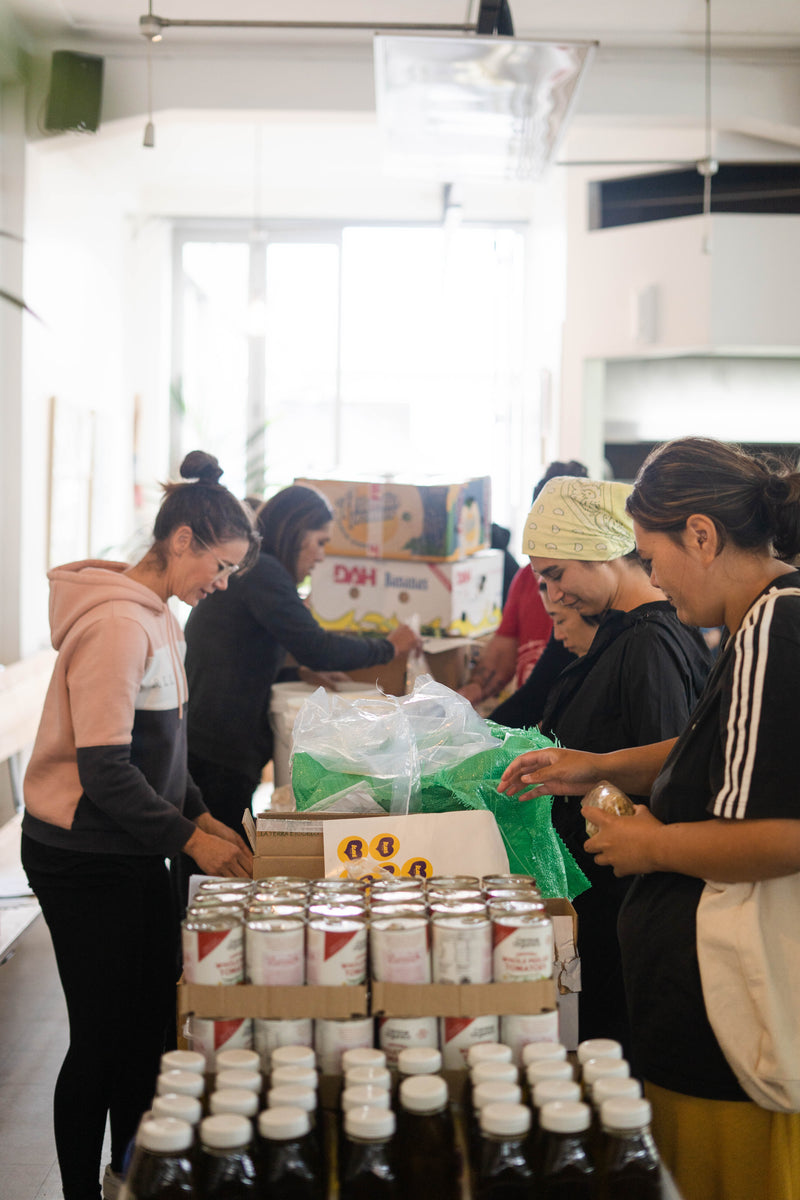
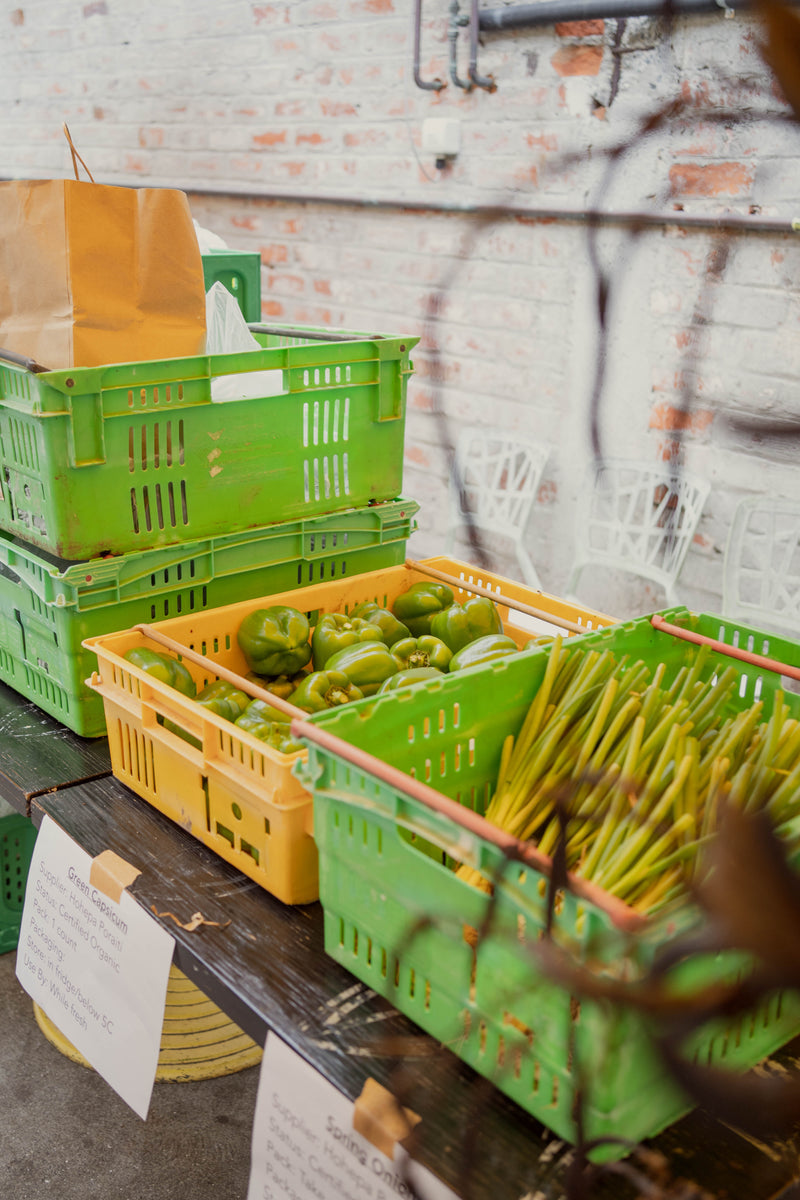
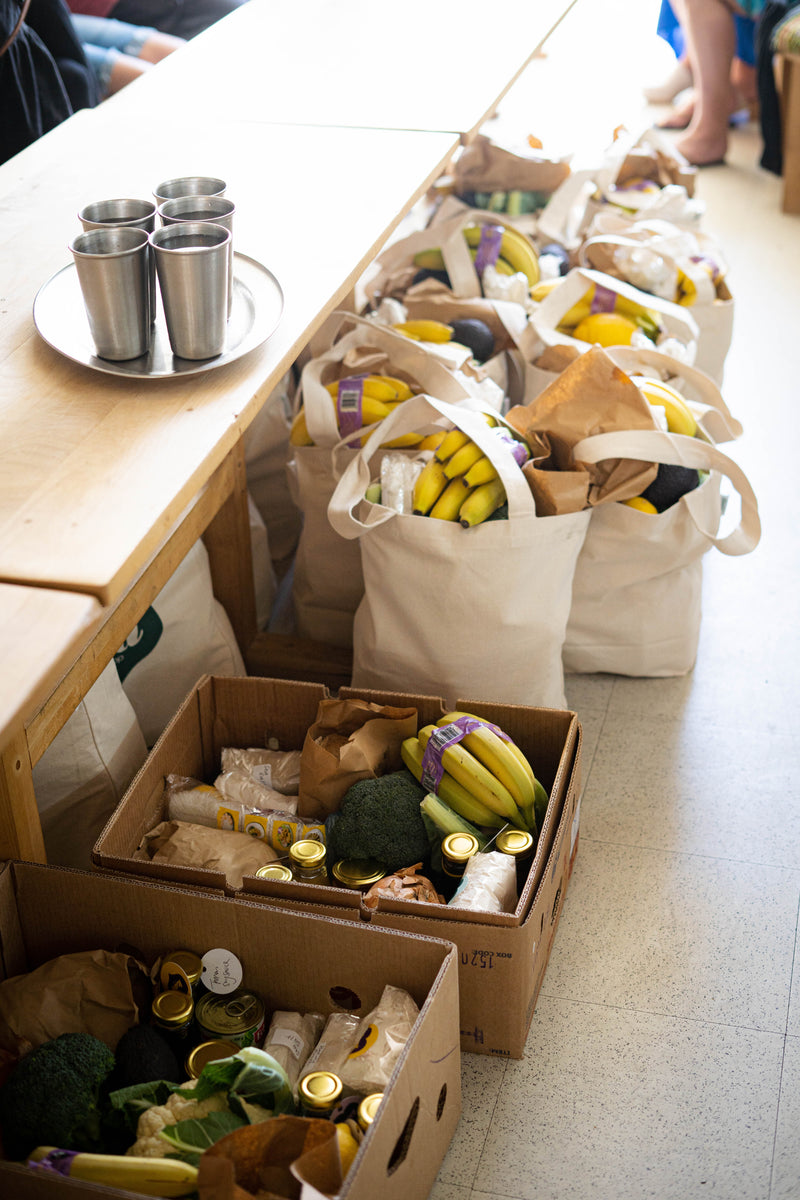
-
The strengthening of local food systems in Aotearoa New Zealand addresses a range of pressing domestic and international issues, including improving food security and affordability for low-income communities, reducing greenhouse gas emissions linked to long supply chains, and enhancing community resilience in the face of climate change and natural disasters. Domestically, they support regional economic development, especially in rural and Māori communities, by creating local jobs and value chains. Internationally, they respond to growing global concerns about the sustainability and sovereignty of food, align with the United Nations Sustainable Development Goals (SDGs), and offer models of Indigenous-led food innovation that prioritise cultural knowledge, health equity, and environmental stewardship.
-
Tiriti-based principles underpin the Mai Kai approach to compliance:
- Partnership – We are not simply stakeholders but Tiriti partners. We ask other agencies to walk alongside us to shape a local food system that supports community aspirations and resilience.
- Protection – We seek to uphold the safety and wellbeing of communities by enabling safe and nutritionally rich food systems, while also protecting health, the environment and the right to food sovereignty.
- Participation – We ask that regulation be enabling rather than exclusionary. Community members must be able to participate meaningfully in growing, producing, processing, and distributing food without disproportionate barriers.
How did Mai Kai Start?
Mai Kai Social Enterprise is the culmination of nearly a decade of community-led research, pilots, and kaupapa Māori innovation aimed at improving food security and wellbeing for whānau in Te Matau-a-Māui. Its foundations trace back to the Kai Whakaora Māori Food Systems research project, initiated in late 2018 and delivered in 2019 with the support of Te Puni Kōkiri. Led by mana whenua researchers, this project gathered insights from over 30 interviews with Ngāti Kahungunu māra kai and mahinga kai experts. It highlighted the loss of traditional food practices and access, while reaffirming the centrality of kai to whānau wellbeing, cultural identity, and sustainability.
These insights led to a short kai box pilot in 2021, which explored how nutritious, culturally relevant food could be affordably delivered to whānau. Building on that, the Kai Co-op pilot in late 2023, delivered by a collective including JMP Consulting and Hapī Ora, tested a full community food resilience system. This included kai boxes, cooking workshops, and food growing sessions. The pilot was well received, with participants reporting improved eating habits, reduced food waste, and greater confidence in preparing and growing their own food.
Based on the learnings from these initiatives, Mai Kai officially launched in early 2025, as a kaupapa Māori Social Enterprise grounded in whānau values and community connection.
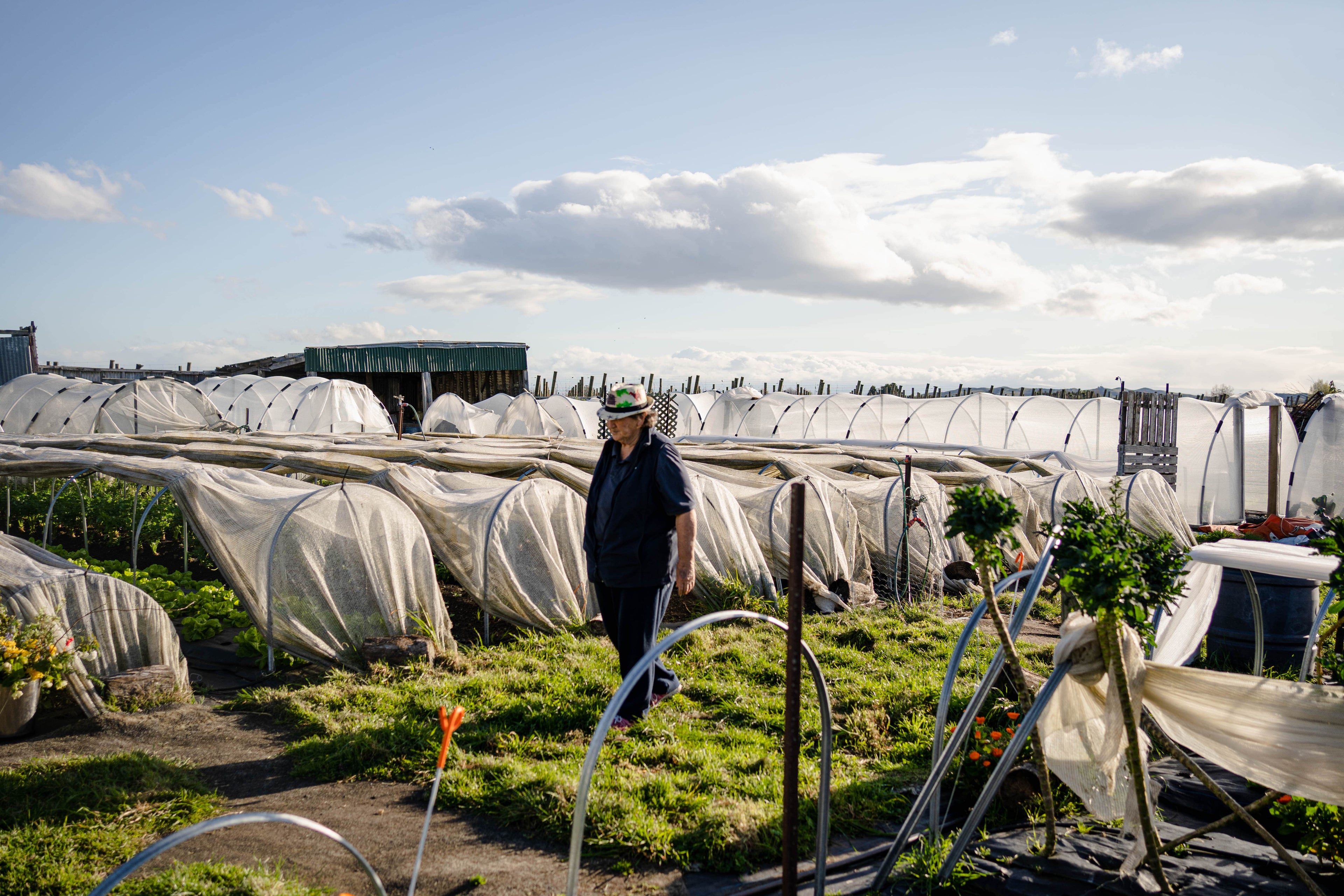
Why Mai Kai?
Mai Kai is more than a food initiative. It is a movement grounded in whakapapa, equity, and community power. We believe that kai is a connector of people, place, and purpose, and that everyone should have access to nourishing food systems that reflect their values and uphold their mana.
By joining Mai Kai, you are not just accessing kai. You are contributing to a collective journey towards food sovereignty, cultural revitalisation, and environmental sustainability. You become part of a kaupapa that centres whānau, uplifts Indigenous knowledge, and challenges the status quo of food inequity in Aotearoa.
Joining Mai Kai means being part of something meaningful, creating a future where kai is local, healthy, and shared. It's about connection and community.
How Mai Kai Works
Every fortnight, we curate a Kai Box filled with organic meat, dairy, fresh produce, and pantry staples. The week before, we share a digital packing list with all available ingredients and kai options. Members then make their own selections ahead of time, so each box is tailored to their whānau’s needs. This also gives them time to prepare and bring suitable packaging, like containers, bags, or boxes - based on what they’ve chosen.
On pack-out day, we set up a market-style stall at a local community venue, where all members come together for a focused ‘power hour’ of connection and contribution.
After checking in, each session quicks off with karakia followed by a whakawhanaungatanga session, and a “What’s in the Box” overview to introduce the week’s produce and supplies. A cooking demonstration then highlights how to use key ingredients, offering inspiration and practical tips, before members move into packing their boxes.
Members are invited to contribute in ways that suit them - packing, unpacking, staffing a station, helping with the cooking demo, or supporting others. Every small action helps keep the kaupapa flowing and ensures a welcoming space for all.
Note: We welcome all whānau members! There is a dedicated 'Kids Corner' where tamariki can play and craft while caregivers take part. Those who come with small tamariki are not expected to help if its not suitable for their circumstances.
Upcoming Session Dates (Fortnightly Rotation)
-
Napier - Te Taiwhenua o Te Whanganui ā Orotu, Wednesdays 1:00pm
- Wednesday 28th January
- Wednesday 11th February
- Wednesday 25th February
- Wednesday 11th March
- Wednesday 25th March
-
Napier - Cathedral Lane, Fortnightly Wednesdays 4:30pm
- Wednesday 28th January
- Wednesday 11th February
- Wednesday 25th February
- Wednesday 11th March
- Wednesday 25th March
-
Hastings - Equippers Church (306 Hapuku Street). Fortnightly Thursdays 3:15pm and 4:45pm
- Thursday 29th January
- Thursday 12th February
- Thursday 26th February
- Thursday 12th March
- Thursday 26th March
-
Hastings - St Martins Community Hall (1120 Willowpark Road). Fortnightly Fridays 3:15pm and 4:45pm
- Friday 30th January
- Friday 13th February
- Friday 27th February
- Friday 13th March
- Friday 27th March